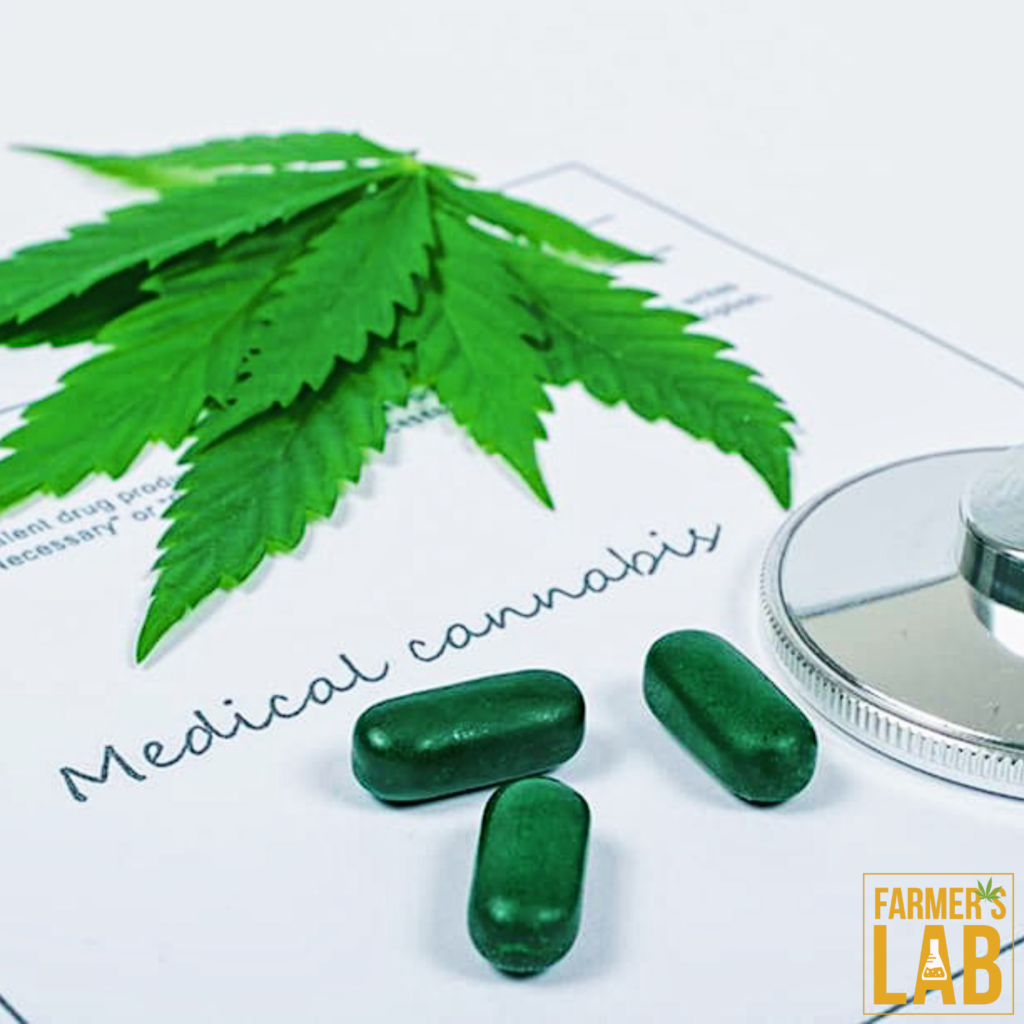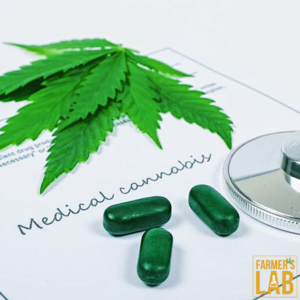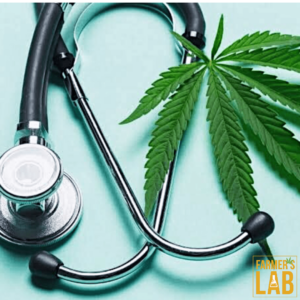
Good news for those guys who are new in using medical cannabis. Australian researchers are coming up with the first clinical trial to find if medical cannabis can be used for easing Glioblastoma. Also known as GBM, Glioblastoma is Grade IV tumor.

It has a large part making tumor cells rapidly. Glioblastoma can spread to different parts of the brain and destroy the nearby part. It can also spread to the opposite side of the part. Every year, close to a thousand people get diagnosed with the tumor. This scene is in just Australia alone. There are hardly 5% of those suffering front the tumor have been found to have survived. The morbidity of the tumor is frightening and is so lethal that survival is just a year and in some cases, it’s even fewer than six months. The treatment is not easy – some cells are responsive to therapies and others are not. However, under the circumstances of gloom and despair, the potential of medical cannabis for the treatment of severe brain tumors like Glioblastoma is bringing a new ray of hope of for patients.
Research has been executed on animals the effect of cannabis on cancer. Significant studies have also conducted on the effect of cannabis on brain cancer on humans. However, it is for the first time that the effectiveness of THC as a complementary to standard treatment surgery radiation and chemotherapy on patients suffering from Glioblastoma is being studied. The study is being executed by Brisbane based Dr Janet Schloss, a naturopath, and Professor Charlie Teo, a renowned neurosurgeon.
The Australian doctors are going to perform a study on Brain cancer and medical cannabis – the first-ever study of its kind. With the legalization of medical cannabis in Australia in 2017, it has become legal for doctors to advise medical cannabis for treatments. Further, the legalization also did away with the obstacles that were there on research studies on cannabis. Earlier, researchers were entitled to perform trials for studying cannabis’ side effects. Contrary to this, it is legal for researchers to perform clinical trials on cannabis used in medical treatment.
It is exactly this what Naturopath and Nutritionist Dr Janet Schloss, (The Endeavour College of Natural Health) and Neurosurgeon Charlie Teo are going to do. They are going to study if medical cannabis can be of any appreciable use in the usual treatment of brain cancer. They hope, coupled with radiation and chemotherapies, cannabis therapy can aid in reducing the size of a tumor. However, more important than anything else is that in case of Glioblastoma they hope THC can have a regressive effect on the tumor growing again. This is critical because a cutting down regrowth of a tumor improves the prospects of survival, the life period and will lead to a better condition of life with brain cancer.
Two important outcomes for the upcoming trial have been disclosed by Dr Schloss while talking to 4BC. It has been found by the researchers in Spain that cannabis injections cut down the size of a tumor and lead to a longer lifespan. Another minor study performed by GM Pharmaceuticals showed the treatment of cannabis worked, which reduce the size of a tumor and its regrowth.
Researchers on the lookout for more volunteers who can come forward for clinical trials

The researcher duo Prof. Teo and Dr Schloss are going to conduct the clinical trial at the Endeavour College of Natural Health. The study is a randomized trial. Under this plan, each individual participating in the trial will get treatment with medical cannabis coupled with standard treatments for cancer. The researchers are going to estimate the degree which medical cannabis can help and support the standard therapies for cancer.
As per the details disclosed by Schloss, the process of the trial goes thus: Individuals participating in the trails will be required to consume a small quantity of cannabis oil at night before going to bed. The amount of solution that each participating individual needs to drink is not much. It is important to note that the quantity of the dose is 2 ml. It does not contain as much quantity of THC as that can make the user uncomfortable while sleeping – unable to sleep or in waking up.”
We ship and deliver world wide via USPS and various couriers.
We offer a wide range of secure and anonymous online payment options.
We care about you, our customer. Please contact us with any questions or concerns.
Find out more about the benefits of being a loyal and regular customer.
WE ARE EVERY GROWERS ONE STOP SHOP TO ACQUIRE PREMIUM CANNABIS SEEDS FOR SALE IN THE USA, CANADA AND AUSTRALIA

Farmers Lab Seeds 2024, | All Right Reserved
Seeds are sold as novelty items, souvenirs, and collectibles. They contain 0% THC. We encourage our customers to check the legislation in their Country, State, Province, and Municipality prior to purchasing items from our store. We do not provide growing information.
All seeds are sold as hemp, and lab tested under 0.3% THC. This product is not for use by or sale to persons under the age of 21. This product should be used only as directed on the label. It should not be used if you are pregnant or nursing. Consult with a physician before use if you have a serious medical condition or use prescription medications. A Doctor’s advice should be sought before using this and any supplemental dietary product. All trademarks and copyrights are property of their respective owners and are not affiliated with nor do they endorse this product.
These statements have not been evaluated by the FDA. This product is not intended to diagnose, treat, cure or prevent any disease. Individual weight loss results will vary. By using this site, you agree to follow the Privacy Policy and all Terms & Conditions printed on this site. Void Where Prohibited by Law.